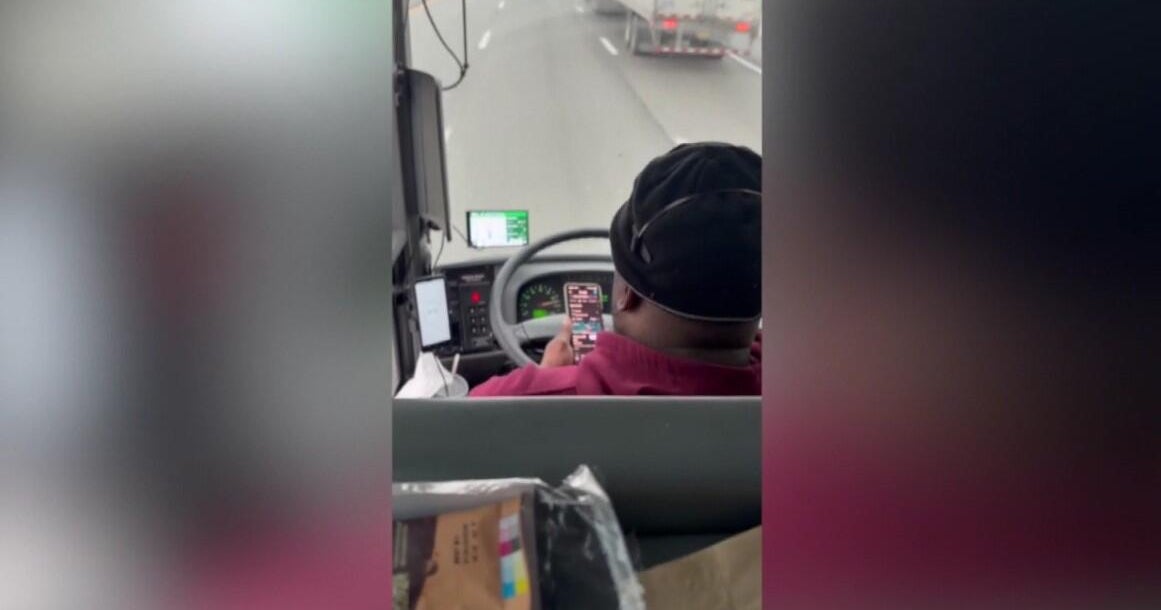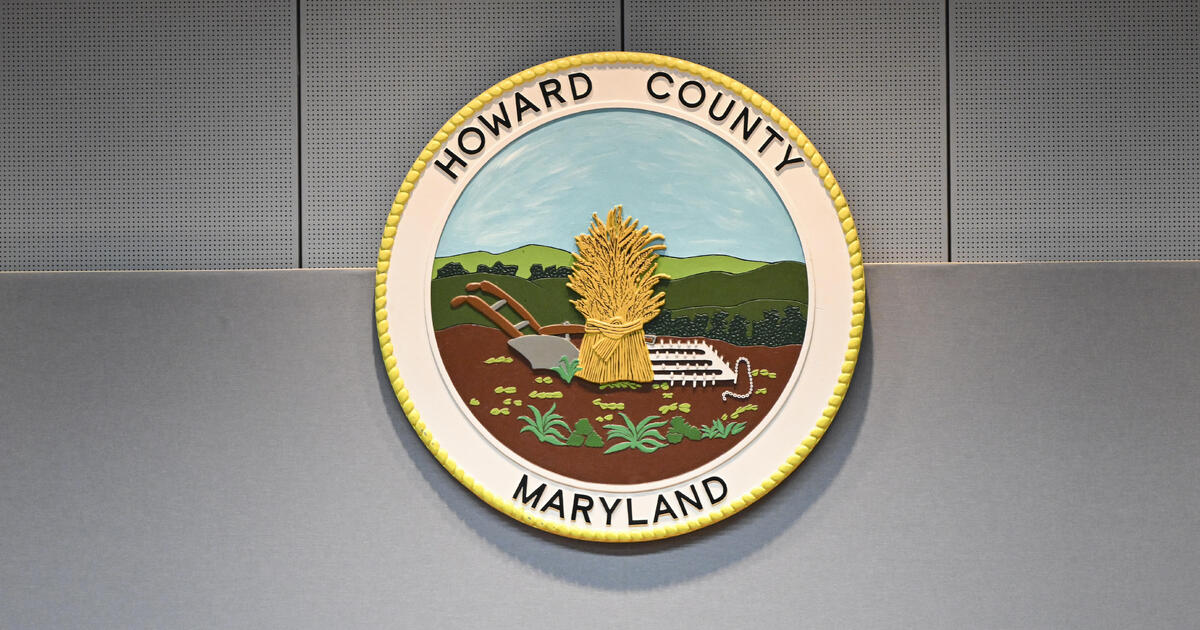Governor Signs Law Requiring Universal Fare Cards
CHICAGO (CBS) -- Gov. Pat Quinn on Thursday signed legislation that gives Chicago area transit agencies a January 2015 deadline to introduce a fare card that all lines can accept.
Planning is well underway and CTA President Forrest Claypool said the agencies should have no trouble meeting the deadline.
CTA is taking the lead, and has already narrowed the list of potential vendors. All are banks and credit card companies, and it is negotiating with them to pay to replace the existing turnstiles and fare-collection equipment -- at no cost to the public.
LISTEN: Newsradio 780's Bob Roberts Reports
Podcast
The newly-signed legislation puts a date certain on introduction of the card, a goal since the RTA was first formed in the mid-1970s.
The card is expected to take the form of a "smart" Visa or MasterCard that a rider could use to pay fares, buy a latte at Starbucks or purchase hardware at Home Depot.
Claypool said once the contracts are signed, later this year, roll-out should take two years.
"It won't be a big bang. It will be a phased roll-out, perhaps one lane at a time in stations, to start with," he said. "We'll have a control group, like CTA employees, testing. It will a gradual phasing so that we can mitigate risk."
Claypool said the caution is warranted because Chicago will be the first major city to introduce a universally-compatible fare card on such a scale.
The legislation also requires all three agencies to post Web-based on-time arrival information by July 1, 2012.
The CTA already provides such information through its BusTracker and TrainTracker Web portals, smart phone apps and text messaging, as well as LED signage at key 'L' stations and bus stops.
Metra is upgrading its GPS-based arrival information system and a spokesperson said it will have the upgrade installed well before the July 2012 deadline; it is available online and on train platforms.
Pace Executive Director T.J. Ross said that the suburban bus agency is preparing to upgrade its real-time information system, which is currently radio-based, so that it is compatible with the RTA's trip-planning system; he also expects the upgrade to be ready well before next year's deadline.
The legislation also requires Metra to report on the feasibility of installing defibrillators aboard trains. That study is underway.







